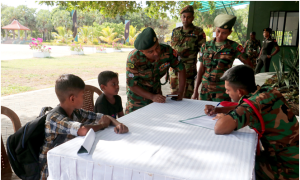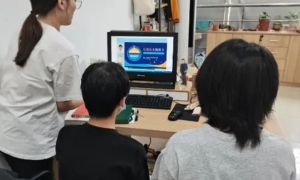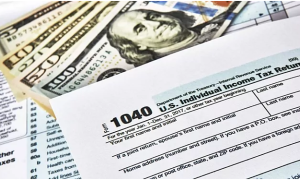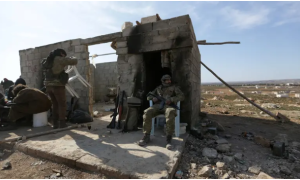child's play, children's play
这两个短语的意思并不相同:child's play的意思是“容易的事”“不重要的事”,它通常用作不可数名词;而children's play的意思是“儿童戏剧”,是可数名词,其复数形式是children's plays。例如:
It was child's play to solve that problem.
解决那问题是非常容易的。
All the children like to watching children's plays.
所有的孩子都喜欢看儿童戏剧。
child, baby, boy, infant, lad
这组词都表示未成年的孩子。它们的区别在于:
1.child广义地说指出生至成年前的孩子,一般指从2岁到14岁的孩子; boy泛指自出生至青春期的孩子,可指大、中、小学的学生; baby和infant两个词均表示“新生婴儿”或仍在“襁褓中的幼儿”,但baby是日常用语; lad则指青春期的小伙子。例如:
This child is six months old.这婴儿六个月。
The boys felt amused by the clown.孩子们被滑稽演员逗得发笑。
The operation on the new-born infant was a failure.给那个新生儿做的手术失败了。
He's just a lad.他还只是个小青年。
2.boy和lad一般只用于指“男孩”或“男青年”; 其他三词则通常不分男孩女孩。
3.baby具有更多的个人特色,且含有十分亲近和喜爱的感情色彩; 而infant听起来则有点非人格化或医学、法律用语的味道,暗指未到法定年龄。例如:
He was the infant king at that time.他当时是未成年的国王。
4.baby还可以表示两个或两个以上兄弟姐妹中最后出生的一个或一组成员中最年轻的一位。例如:
The baby of her family is now six years old.她家中最小的孩子今年6岁了。
下面两个句子意思不同:
She is more a child than a woman.
与其说她是一位成年妇女,还不如说 她是一个孩子。
She is more child than a woman.
她具有成年妇女的风韵。
baby,child,infant,youngster
这些名词均有“孩子”之意。
baby日常用词,一般指从刚出生的婴儿到满两岁的或非常小的孩子,常含钟爱意味。
child普通用词,含义广,无感情色彩。泛指从胎儿、婴儿到10岁左右的儿童。
infant书面用词,狭义指出生后到两岁的小孩,广义指7岁以下的孩子;法律上则指未到法定年龄。
youngster泛指任何年龄的儿童或者少年,多指男孩,多为年长者的使用。










